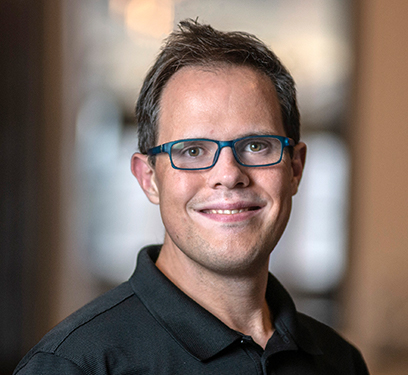Brian Metzger - Gravitational waves and the origin of gold
Talk details
- Date: 30 April 2023
- 1 p.m. (ET)
- Location: Zoom
- Video recording
Talk abstract
From the speaker:
“Einstein’s theory of General Relativity predicts that orbiting bodies generate “ripples in spacetime” known as gravitational waves. On 17 August 2017, scientists detected for the first time gravitational waves from two merging neutron stars from deep space (neutron stars are the dense cores left over when the outer layers of massive stars explode at the end of their lives). This discovery initiated a world-wide search for an electromagnetic "afterglow" of the merger event, using dozens of the largest telescopes on the ground and in space. Within hours, fading blue light, unlike that which had ever been seen before, was discovered from a galaxy 100 million light years from Earth. For me personally, the most exciting aspect of this discovery was that it “made sense”: the observations agreed with theoretical predictions myself and colleagues had made a decade ago. We were witnessing, for the first time in the debris of the merger, the direct creation in nature of the heaviest elements in the universe, including the precious metals such as gold, silver, and platinum. In this talk, I will recount the amazing discovery of gravitational waves, merging neutron stars, and the next steps of our path towards identifying the origin of gold."
Presenter
Brian Metzger
Brian Metzger was born and raised in Burlington, Iowa. He received his bachelor's degrees at the University of Iowa and his PhD in physics at the University of California Berkeley in 2009. He held a NASA Einstein Postdoctoral Fellowship at Princeton University, before joining the Columbia University department of physics in 2013, where he is currently a full professor. He is also a senior research scientist in the Center for Computational Astrophysics of the Flatiron Institute. Metzger's recognitions include the Sloan Fellowship; New Horizons Breakthrough Prize in Physics; the Bruno Rossi Prize of the American Astronomical Society; and the 2020 Laureate of the Blavatnik Awards for Young Scientists. He is supported as a Simons Investigator by the Simons Foundation.


